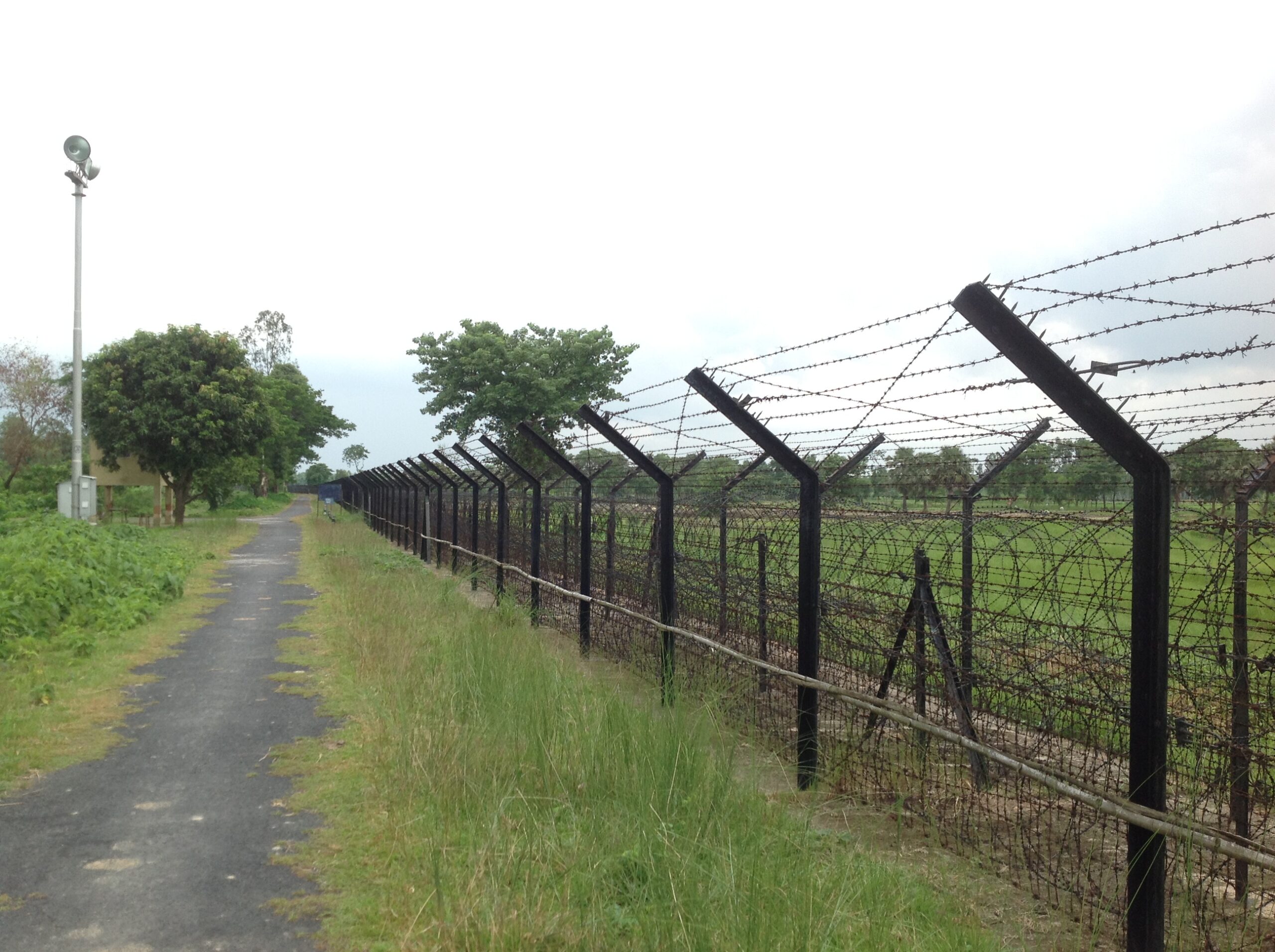A New Wave of Forced Expulsions

Recent reports indicate that Indian authorities have been moving Muslim citizens across the border into Bangladesh. Labeled as “illegal immigrants,” these individuals are being expelled despite many having long-standing ties to the country. Since May 7, 2025, Bangladeshi officials report that over 1,200 people have been forced across border points in areas such as Moulvibazar, Sylhet, and Tripura.
An Emerging Pattern in a Long-Standing Struggle
Since the 1947 partition, Muslims in India have continually grappled with communal tensions, discrimination, and marginalization. The current situation appears to be a disturbing escalation, with some victims being genuine citizens mistakenly identified amid a broader crackdown against undocumented foreigners. These actions have been carried out under what authorities refer to as Operation Sindoor.
One personal account from Assam tells of a Muslim woman who was summoned to her local police station on May 25. She explained that she, along with a dozen others, was forcibly taken to the Bangladesh border and compelled to cross over. Similar stories from the region suggest that some of the targeted individuals are being singled out not merely on legal grounds but because of their faith and Bengali heritage.
Political Rhetoric and Its Impact
Political figures in India have used language that many believe fuels these practices. In 2019, high-ranking officials referred to undocumented migrants in harsh terms, and more recent statements have promised the expulsion of all such individuals within a short timeframe. This rhetoric is seen by critics as emblematic of a broader anti-Muslim sentiment that has influenced governmental policy for years.
In Assam, the issue of citizenship has sparked intense conflict. Numerous Muslim residents have faced detentions or deportations even when they possess valid citizenship documents. Research by advocacy groups suggests that close to ten million Muslims in the region have been adversely impacted by efforts to brand them as illegal, resulting in home demolitions and forced evictions.
Controversial Eviction Drives
One notable incident unfolded in September 2021 during an eviction drive in the Dhalpur-Gorukhuti area of Assam, where approximately 800 Muslim families were displaced. While the local government argued that these communities were illegally occupying state land, critics contended that the campaign disproportionately targeted Bengali-speaking Muslims, many of whom had resided in the area legally for decades.
Residents affected by the eviction recounted that many had settled in the region following erosion caused by the Brahmaputra River. Despite assurances from authorities regarding resettlement, additional eviction incidents soon followed, impacting hundreds more families.

Bangladesh’s Response and Broader Implications
Bangladesh has grown increasingly concerned by these developments. Local border guards have identified around 100 individuals among the expellees as Indian citizens and have since returned them. Government officials from Bangladesh have publicly rebuked India for bypassing formal deportation processes, asserting that these actions violate longstanding bilateral guidelines established in 1975.
The Bangladeshi government has even sent a diplomatic note urging Indian authorities to carry out proper identity verifications before taking such actions. Without a transparent and just process, there is a real risk that thousands more Indian Muslims could be uprooted from their homes and stripped of their rights under the guise of combating illegal immigration.
This unfolding crisis raises profound questions about the future of citizenship, identity, and the security of one of India’s most vulnerable communities.

Embracing Faith, One Insight at a Time!
The teachings of the Quran have always guided my path. With a deep passion for Islamic knowledge, I strive to blend the wisdom of tradition with the relevance of today, making the timeless messages of Islam accessible and meaningful for everyone.
Muslim Culture Hub is my platform to share historical insights and thought-provoking articles, exploring both well-known and lesser-discussed aspects of Islamic culture and beliefs. My mission is to create an inclusive online space where everyone can learn, strengthen their faith, and connect with the profound message of Islam.
Join the journey!
May peace be upon you.







